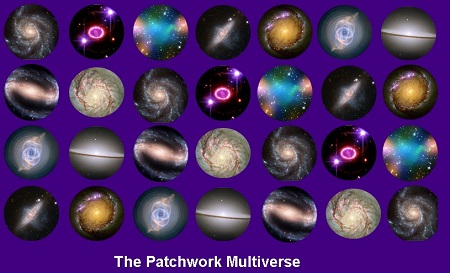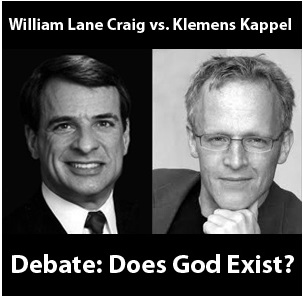NO EVIDENCE. In what amounts to an abuse of evidence, atheists are fond of saying that there is no evidence for the existence of God. If you doubt that, take a look at this brief collection of atheists telling the world that very thing. But is that a true claim? When a proposition is not true, you would expect to find no evidence for that proposition.
Take for example the proposition in the title – that you, yes you dear reader – killed JFK on the fateful day – November 22, 1963 at Dealey Plaza in Dallas. All reading this could no doubt refute that claim. But those born after that date have a particularly easy and obvious piece of evidence that falsifies the proposition. The claim that they weren’t even born yet backed with a birth certificate to prove it. Continue Reading








 Though they’ll never admit it, most evolutionists adhere to evolution as followers in any other religion adhere to their faith.
Though they’ll never admit it, most evolutionists adhere to evolution as followers in any other religion adhere to their faith.

 Kahn: Kirk – You’re still alive old friend.
Kahn: Kirk – You’re still alive old friend.